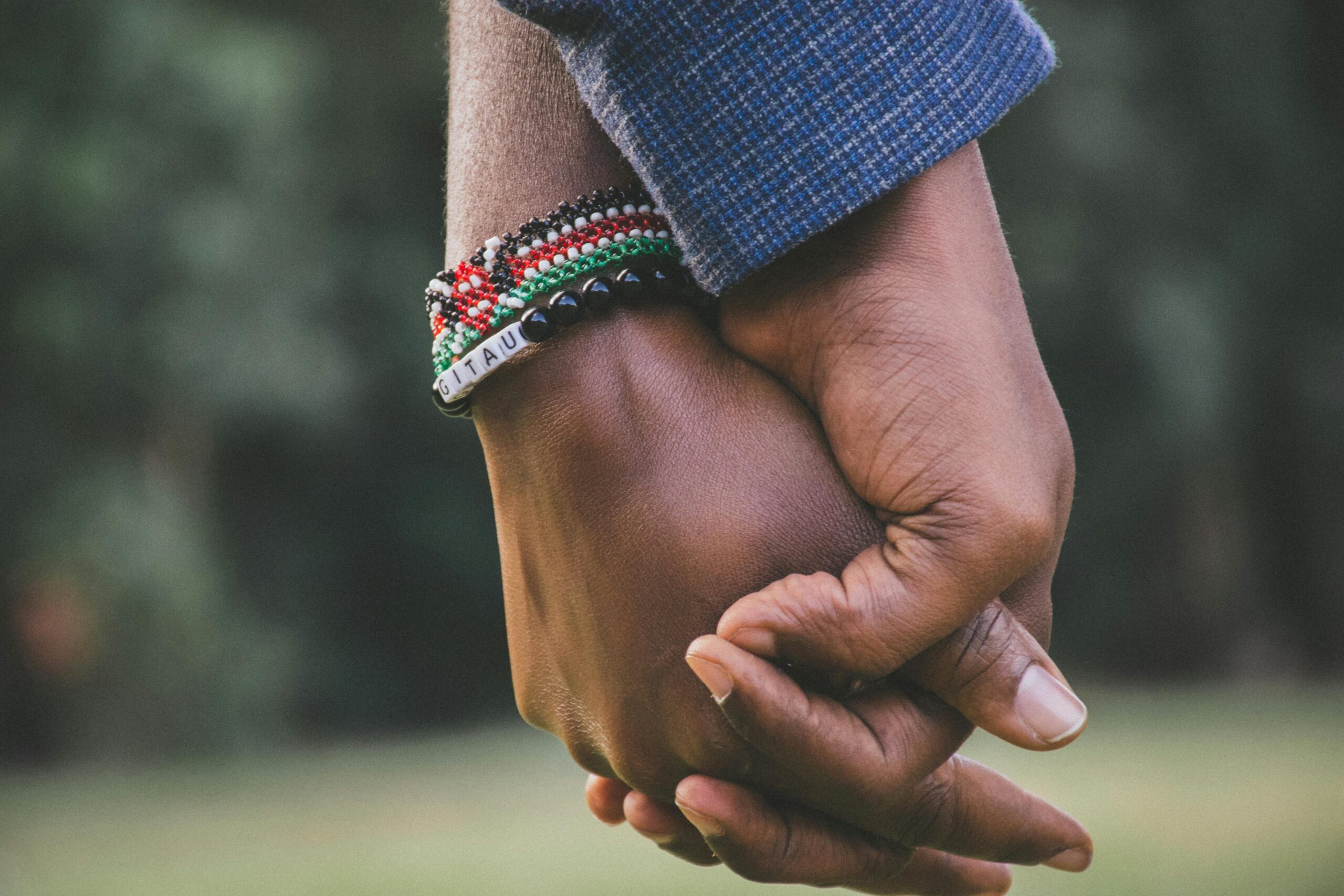Talking About Gambling Addiction
Talking about gambling addiction is never simple. For many, the thought of opening up about their past brings feelings of fear, judgment, or shame. Words may stumble, memories may sting, and the worry of being misunderstood often lingers. Yet, choosing to speak your truth is one of the most powerful acts of recovery. It not only helps you reclaim your own story, but it also gives hope to others who are silently struggling.
When someone hears a real recovery story, it can spark courage they didn’t know they had. And for the one speaking, voicing the truth becomes proof of resilience. Talking about gambling addiction transforms silence into connection—and every shared story chips away at the stigma that keeps people isolated.
Note: HighStakesHealing.com participates in affiliate programs, and this post may include affiliate links. If you decide to buy through these links, we may earn a commission at no extra cost to you. Your support allows us to continue creating content that helps people rebuild their lives after gambling addiction.
Why Shame Shows Up First
Unlike substance use disorders, gambling addiction is often invisible to those on the outside. There are no obvious physical signs, no lingering scent, no empty bottles. For this reason, it’s easy to hide, but the emotional cost runs deep: secrecy, guilt, financial stress, broken trust, and self-doubt. These wounds may remain long after the last bet is placed.
Research from sources like MentalHealth.com and Healthline confirms that compulsive gambling is a behavioral addiction that rewires the brain’s reward systems and decision-making processes. The shame that follows isn’t proof of weakness—it’s a natural response to the way addiction distorts self-worth and identity. Recognizing this truth is the first step toward letting go of self-blame.
How to Talk About Gambling Addiction Safely
Begin with Self-Compassion
Before you share your story with others, practice speaking kindly to yourself. Recovery is not failure—it is growth. When you can frame your journey with compassion, it becomes easier to talk openly without drowning in shame.
Choose the Right Time and Place
Conversations about addiction deserve care. Look for quiet, calm moments where the people involved can give full attention. Avoid high-stress settings or times when emotions are already running high.
Be Clear and Honest
You don’t need perfect words. Simple, direct language often carries the most weight: “I struggled with gambling, and it affected my finances and relationships. I’m in recovery now, and I want to share this with you.” The honesty itself is what matters.
Include the Steps Toward Recovery
Talking about gambling addiction isn’t just about describing the problem—it’s also about highlighting progress. Share what has helped you: therapy, support groups, financial planning, new hobbies, or healthier coping strategies. This not only reassures loved ones but also reinforces your own commitment to change.
Your next phase of recovery starts here
Join the Life Process Program® — a compassionate, private, online recovery course that helps you rebuild purpose, habits, and freedom.
Get 15% off when you enter HIGHSTAKES at checkout.
Prepare for Different Reactions
Some people may meet your honesty with compassion. Others may feel uncomfortable or unsure how to respond. Their reaction does not erase the courage it took to speak. Remember, sharing your truth is part of your healing, not theirs.
Encouragement for the Journey
Recovery is not just about leaving gambling behind—it’s about building trust, reclaiming your worth, and creating a life that feels meaningful again. Every time someone chooses honesty over silence, they strengthen not only their own recovery but also the community of voices working to end the stigma around gambling addiction.
If you are ready, your story matters. Someone else may need to hear it to take their first step toward recovery. Talking about gambling addiction is not about perfection—it is about truth. And every truth shared is a bridge to connection, understanding, and healing.
Internal Resources for Your Recovery
If you are exploring how to begin talking about gambling addiction, these related guides may also help:
- Hiding Gambling Addiction from Family Nearly Broke Me – highlights the emotional toll of secrecy and the importance of honesty in recovery
- How Supporting my Spouse’s Gambling Recovery Changed our Relationship – explores how spouses can navigate the challenges of gambling addiction recovery, balancing support with self-care.
- Accountability and Goal-setting Through Recovery Journal Templates – practical recovery journal templates designed to help track triggers, emotions, and progress in gambling addiction healing.
- Gambling Addiction Resources: Books, Guides, and Community Recommendations – recommended gambling addiction books that provide insights, strategies, and personal stories to support recovery.
- Rehab VS Online Counseling – compares two approaches to assist recovery from gambling addiction
FAQs About Talking About Gambling Addiction
Why is talking about gambling addiction so difficult?
Many people feel ashamed or fear being judged. Because gambling addiction is often hidden, speaking about it can feel like exposing a secret. With support and practice, the process becomes less daunting.
Should I tell everyone about my gambling addiction?
No. Who you choose to tell is up to you. Start with people you trust—family, close friends, or a counselor. Over time, you may feel comfortable sharing more widely, but it is your choice when and how.
What if people react negatively when I talk about it?
Some people may not understand gambling addiction or may react with discomfort. Remember, their response does not diminish your progress. Speaking your truth is part of your healing, even if others struggle to accept it.
Can talking about gambling addiction help my recovery?
Yes. Sharing your story can reduce shame, strengthen accountability, and build connections with others. It also reminds you how far you’ve come in your journey.
Your Support Resources in One Place
Whether you need therapy, budgeting help, mindfulness support, or reading material — our Recovery Tools & Resources page gathers all recommended tools to help you rebuild with clarity and purpose.





